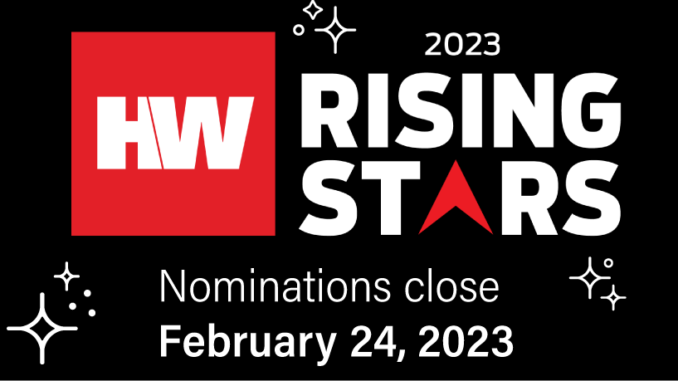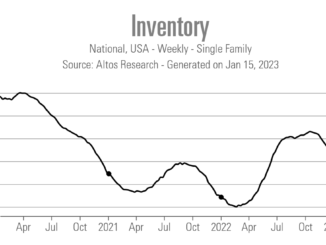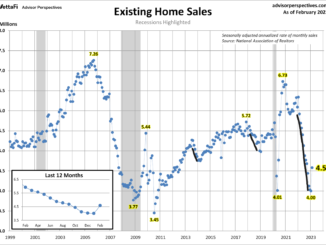
The HousingWire award spotlight series highlights the individuals and organizations that have been recognized through our Editors’ Choice Awards. Nominations for HousingWire’s 2023 HW Rising Stars are open now through Friday, February 24, 2023. Click here to nominate your organization.
HousingWire’s Rising Stars award recognizes housing professionals 40 years old and younger who are making a major impact on the industry. Each year, the list of honorees is made up of an impressive and ultra-diverse group of professionals.
Meg Parker Young, vice president at Fannie Mae was recognized as a 2022 Rising Star for her work on the Environmental, Social and Governance (ESG) strategy that is helping shape Fannie Mae’s approach to managing ESG risks and expanding its impact across a $4 trillion guarantee book of business.
“It’s been a big year of growth, both for me and for Fannie Mae,” said Parker Young. “My goals remain consistent — to drive the biggest positive impact at scale that I am capable of delivering. This means ensuring our work is not limited by department or business unit silos, and that we continue to grow the core case for aligned business outcomes and impact at scale — including driving racial equity, housing stability and climate resilience.”
HousingWire reached out to Parker Young to learn more about what she believes will be some of the biggest changes coming down the pike in housing and how she got her start in in the industry almost 15 years ago.
HousingWire: Looking forward to the next five years in housing, what do you think will be the biggest changes housing professionals will need to prepare for?
Meg Parker Young: Climate and racial equity work will have to get closer and closer together. You cannot address climate risk without addressing systemic and pervasive equity issues. The groups working on each issue will need to become more fluent in one another’s data and processes to drive meaningful results.
HW: Few people think about getting into the mortgage industry at a young age. What was your introduction into the industry?
MPY: I actually first started working on housing finance under very different circumstances — and in a different country! In 2007 I was based in Sichuan Province, China, working on economic development research with a fellowship under an Oxford program. We were setting up a micro-finance unit to support farmers looking to scale elements of their operations.
Then the Sichuan earthquake hit. It was a 7.9 magnitude earthquake that killed more than 100,000 people and displaced millions more. Overnight, our work transformed from finance for scaling small-scale farm operations to ensuring the community we worked with had access to the funds and resources they needed to rebuild their homes before winter came. This was a dramatic introduction to the importance of reliable funding in housing markets, particularly in the face of hardship, and has driven my commitment to the importance of this work to this day.
HW: Last year, you stepped into the leadership role for the ESG strategy team. When you think about your professional goals, where do you want to take your career and what are you doing to get there?
MPY: It’s been a big year of growth, both for me and for Fannie Mae, as we continue to mature our approach to this work. My goals remain consistent — to drive the biggest positive impact at scale that I am capable of delivering. This means ensuring our work is not limited by department or business unit silos, and that we continue to grow the core case for aligned business outcomes and impact at scale — including driving racial equity, housing stability and climate resilience. Partnerships across the enterprise are critical to the success of this work, and I feel grateful for the opportunity to work each day with colleagues across our business and the broader marketplace to drive this work forward.



